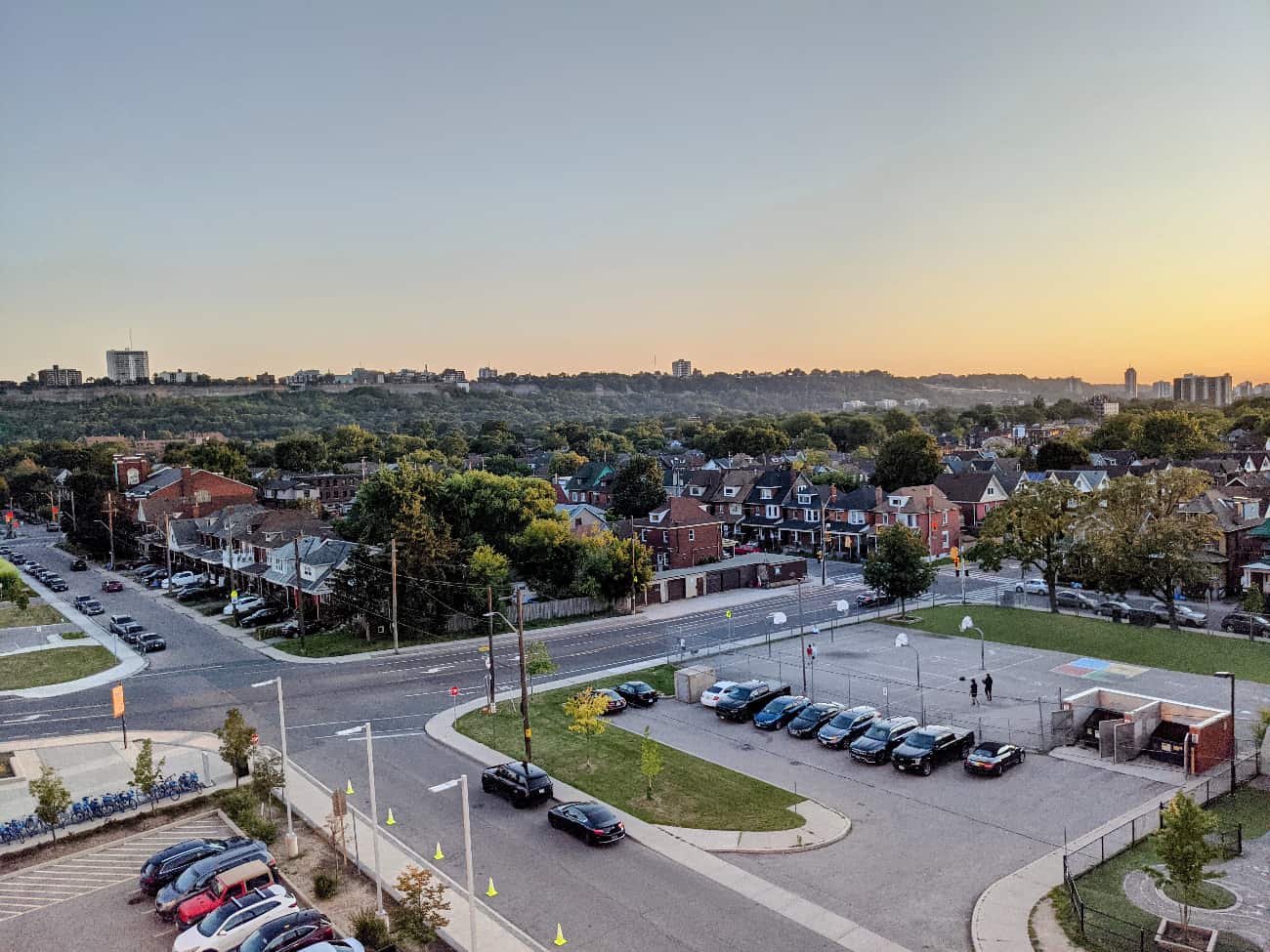City of Hamilton wants help shaping new tax on vacant homes
Published September 7, 2021 at 10:54 am

The City of Hamilton is looking for the public’s input as it designs the framework for a new tax on vacant homes in the city.
City council approve the drafting of a bylaw on taxing vacant homes during a July meeting. The decision came after they received a report that there are at least 221 registered dwellings that are vacant, along with an untold number of unoccupied units within otherwise occupied buildings. The report also stated that the expected cost of running the program annually, which is in the $1 to $1.3 million range, would be offset by tax revenue collected.
Local groups that advocate for tenants and affordable housing have said the tax would help renters by increasing housing supply and helping ot prevent units from becoming vacant.
The City has also officially stated that revenues gained from the tax would be aimed at supporting affordable housing.
The average cost of a one-bedroom rental in Hamilton was just under $1,500 for the month of August, according to Rentals.ca. A two-bedroom unit came in at just under $1,800 on average. Meanwhile, the median individual income in Hamilton is less than $36,000, according to the latest census data from Statistics Canada.
The online survey takes approximately five minutes to complete and will be running from Sept. 7 to 28, 2021. It’s available at engage.hamilton.ca/vht.
Oxford Economics released a study on North American housing affordability in May of 2021 and ranked Hamilton as the third least affordable market in the entire continent.
Hamilton came in behind Toronto and Vancouver.
“Unaffordability is a persistent issue in Toronto and Vancouver, and the recent price surge has served to exacerbate this more than decade-old trend,” reads the report. “Hamilton and Ottawa have joined the ranks of Canada’s least affordable metros.”
According to the report, a typical home in Hamilton is 50 per cent higher than what the median-income household can afford. Nation-wide, the number is 34 per cent.
insauga's Editorial Standards and Policies advertising





